Why Appling County Georgia Land Attracts Buyers
Buyers looking at Appling County are drawn to its rare balance of productive farmland, intact timber ecosystems, and access to the Altamaha River. This part of southeast Georgia is less developed than surrounding counties, which keeps prices lower for investment tracts and recreational properties. Its sandy soils support a mix of cotton, peanuts, and row crops, while pine uplands and riverfront corridors create prime habitat for game and protected species alike.
The Moody Forest Natural Area alone covers thousands of acres along the Altamaha and protects some of the last remaining old-growth cypress and longleaf pine stands in the region. That means strong recreational value layered over long-term conservation security. At the same time, the area supports regular livestock markets, USDA-backed farming programs, and a pilot initiative for local meat processing that could boost farm-to-market economics.
Whether you're looking to hunt, build, graze, or grow, land in Appling County gives you flexibility and room to work. It's also supported by real infrastructure—state highway access, public river landings, and active agricultural sales make this more than a hidden corner of Georgia. It's a place with boots-on-the-ground opportunity and a community that values land stewardship.
Altamaha River, Moody Forest, and Georgia Blackwater Habitats
Altamaha River System
The Altamaha River flows through Appling County, supporting rare aquatic life like the Altamaha spinymussel. It also sustains a productive fishery and scenic riparian habitats across public and private land.
Moody Forest Natural Area
This protected preserve spans over 4,400 acres and includes old-growth cypress, longleaf pine, and Altamaha bottomlands. Jointly managed by Georgia DNR and The Nature Conservancy.
Blackwater Stream Ecology
Creeks and small rivers flowing through Appling support species like the bluestripe shiner and gopher tortoise. These waters flow through sandy loams and forest buffers, feeding into larger ecosystems.
Row Crops, Timber, and Small Livestock Investment Land
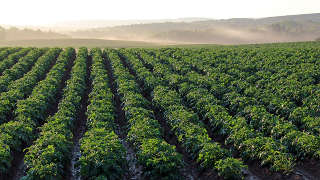
Row Crop Farms
Appling County supports cotton, peanuts, soybeans, and small grains. Sandy loam soils offer moderate yields with proper management, and USDA programs help new farmers reduce cost barriers to entry. Most farms are under 200 acres and tied to nearby processing or sale routes.
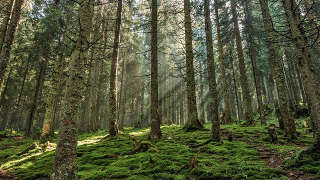
Timberland Tracts
Land in Appling County includes managed pine stands, regenerating hardwood buffers, and mixed timber tracts. Hunting leases often offset ownership costs. Timberland here supports habitat, investment returns, and legacy preservation with access to markets in southeast Georgia.
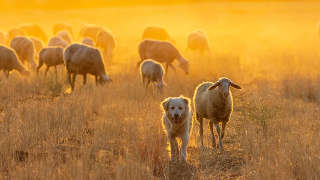
Small Livestock Farms
Goats, pigs, poultry, and calves are all sold locally at regular Saturday auctions. These smaller-scale livestock operations are ideal for hobby farmers or buyers transitioning into full-time ag. USDA pilot programs in this region are also supporting regional meat processing expansion.
Wild Game, Protected Habitats, and Fishing the Altamaha
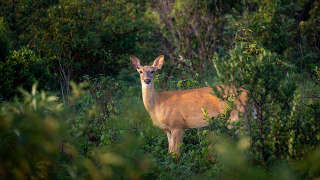
Deer
Appling supports a healthy whitetail population across pine and bottomland cover. Archery and firearms season both draw strong harvests, especially near the river and Moody Forest tracts.
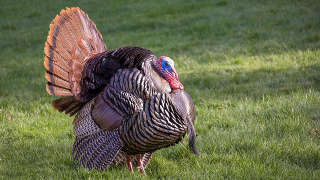
Turkey
Spring gobbler season is well attended in this region, and sandy pine uplands create ideal nesting and strutting ground. Quota hunts are offered in nearby public land as well.
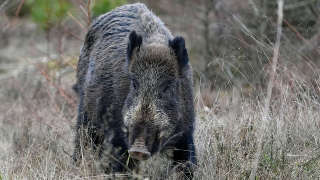
Feral Hog
Feral hogs cause damage to row crops but provide year-round hunting opportunity. Landowners often allow managed access to reduce pressure on planted fields.

Fishing
Flathead, channel catfish, redbreast, and largemouth bass thrive in the Altamaha. Public boat ramps make the river accessible, and surrounding floodplain offers fish-rich oxbows and sloughs.
Altamaha River Land: Value, Ecology, and Legacy
Nearby Counties for Rural Georgia Land Buyers
Jeff Davis County
Timberland and farmland share a strong presence here, and the Satilla River adds to regional wildlife appeal. Prices are often lower per acre than neighboring markets.
Wayne County
Offers access to larger timber mills and is known for managed pine and pulpwood operations. Good access to infrastructure via Highway 341.
Toombs County
Known for row crop farms and irrigation-ready parcels. Close to Vidalia and area agribusiness centers with strong local markets.